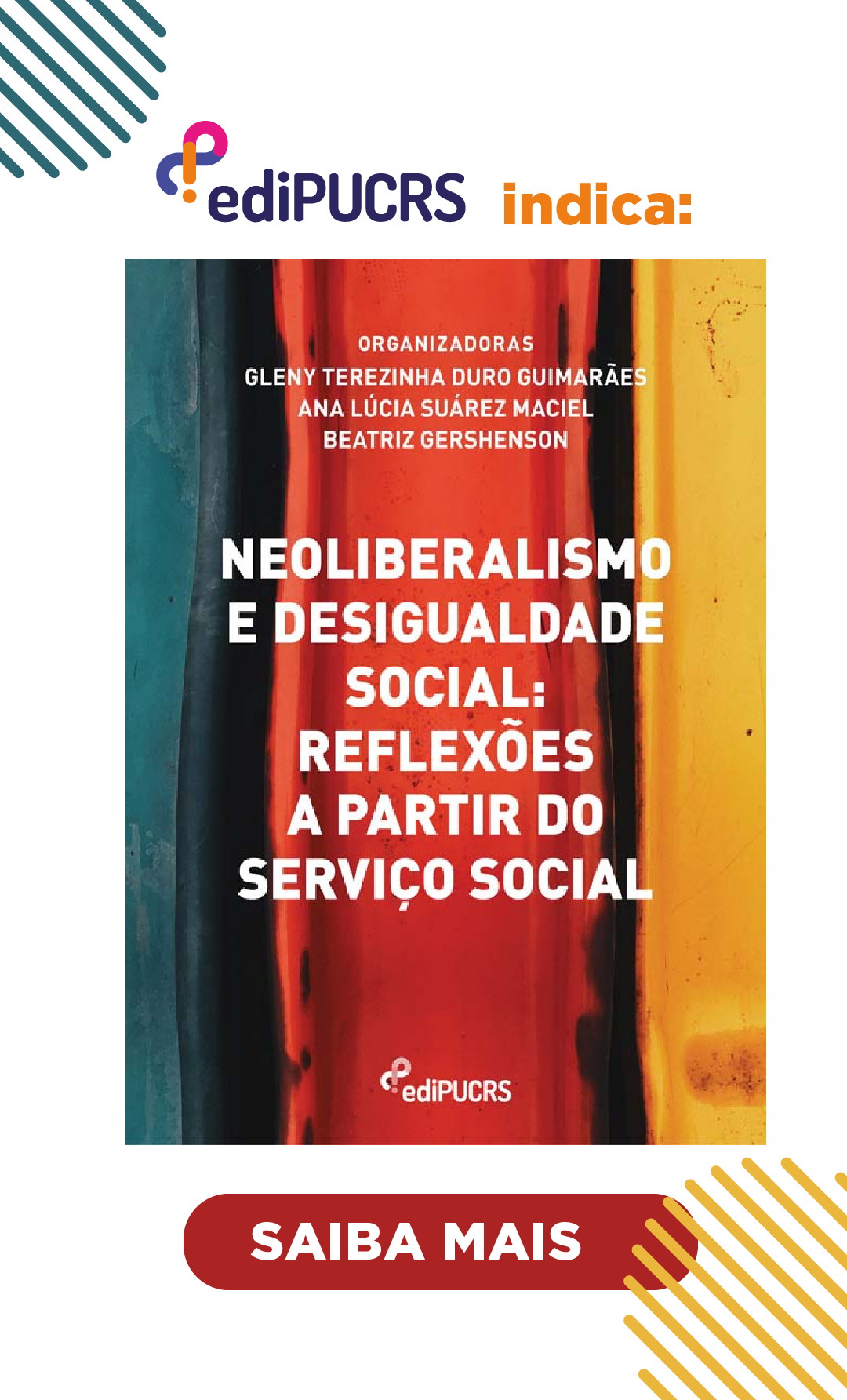Social theories and Social Service
analysis on the condition of Social Service in the Metropolitan Region of Belém/PA
DOI:
https://doi.org/10.15448/1677-9509.2023.1.43932Keywords:
social service, social theories, neoconservatism, postmodernityAbstract
The objective of this article is to reflect on the processes of theoretical incorporation in the professional environment of Social Work and its consequences in contemporary training and performance. As well as reflecting on strategies for valuing the intention to break with the conservative tradition in which the profession was created. For this, we used bibliographic reference and empirical material from data collected in the last research of the Group of Studies in Social Work, Professional Formation and Social Policy (GEPSS/UFPA), of which we are part. The lines that illustrate our analysis come from semi-structured interviews with professionals trained under the aegis of the new Curriculum Guidelines at UFPA and at private universities both on-site and at a distance. We conclude this article with the definition that neoconservatism or postmodernity has significant influences on our formation, but that do not go beyond the need for knowledge and appreciation of the intention of rupture. This indicates the urgency of highlighting this antagonistic debate in the professional sphere in order to strengthen the profession, which has historically taken a critical position.
Downloads
References
COUTINHO, Carlos Nelson. O Estruturalismo e a miséria da razão. São Paulo: Expressão Popular, 2010.
EAGLETON, Terry. De onde vem os pós-modernistas. In: FOSTER, John Bellamy; WOOD, Ellen Meiksins. Em defesa da História: Marxismo e pós-modernismo. Rio de Janeiro: Zahar, 1999. p. 23-32.
HORKHEIMER, M. Teoria Tradicional e teoria crítica. In: BENJAMIM, W. et al. Textos escolhidos. São Paulo: Abril Cultural, 1975. p. 117-154. (Coleção Os Pensadores).
LUKACS, Gyorgy. Marx o problema da decadência ideológica. In: Marxismo e teoria da literatura. São Paulo: Expressão Popular, 2010. p. 97-150.
MARX, Karl. Para a crítica da Economia Política. Dietz Verland: Berlin, 1859.
NETTO, José Paulo. Razão, Ontologia e Práxis. Revista Serviço Social e Sociedade, São Paulo, ano XV, n. 44, 1994.
PARÁ. Relatório da Pesquisa Formação Profissional em Serviço Social na Região Metropolitana de Belém - Pará: estudo da implantação das Diretrizes Curriculares de 2002 e seus impactos na qualidade da formação do Assistente Social. Belém: GEPSS/UFPA, 2017.
PONTES, Reinaldo Nobre. Mediação e Serviço Social. São Paulo: Cortez, 2008.
SANTOS, Josiane Soares. Neoconservadorismo pós-moderno e Serviço Social brasileiro. São Paulo: Cortez, 2007.
SILVEIRA JUNIOR, Adilson Aquino. A cultura Pós-moderna no Serviço Social em tempos de crise. Temporalis, Brasília, ano 16, n. 31, jan./jun. 2016.
TORRETTI, Roberto. Georg Lukács, El asalto a la razón. La trayectoria del irracionalismo desde Schelling hasta Hitler. Traducción de Wenceslao Roces. Revista de Ciencias Sociales, [S. l.], p. 390-395, jul. 1960. Disponível em: http://revistas.upr.edu/index.php/rcs/article/view/9657/8028. Acesso em: 30 jul. 2018.
WOOD, Ellen Meiksins. O que é a agenda Pós-moderna? In: FOSTER, John Bellamy; WOOD, Ellen Meiksins. Em defesa da História: Marxismo e pós-modernismo. Rio de Janeiro: Zahar, 1999. p. 118-128.
Downloads
Published
How to Cite
Issue
Section
License

This work is licensed under a Creative Commons Attribution 4.0 International License.
Copyright
The submission of originals to Textos & Contextos (Porto Alegre) implies the transfer by the authors of the right for publication. Authors retain copyright and grant the journal right of first publication. If the authors wish to include the same data into another publication, they must cite Textos & Contextos (Porto Alegre) as the site of original publication.
Creative Commons License
Except where otherwise specified, material published in this journal is licensed under a Creative Commons Attribution 4.0 International license, which allows unrestricted use, distribution and reproduction in any medium, provided the original publication is correctly cited.





